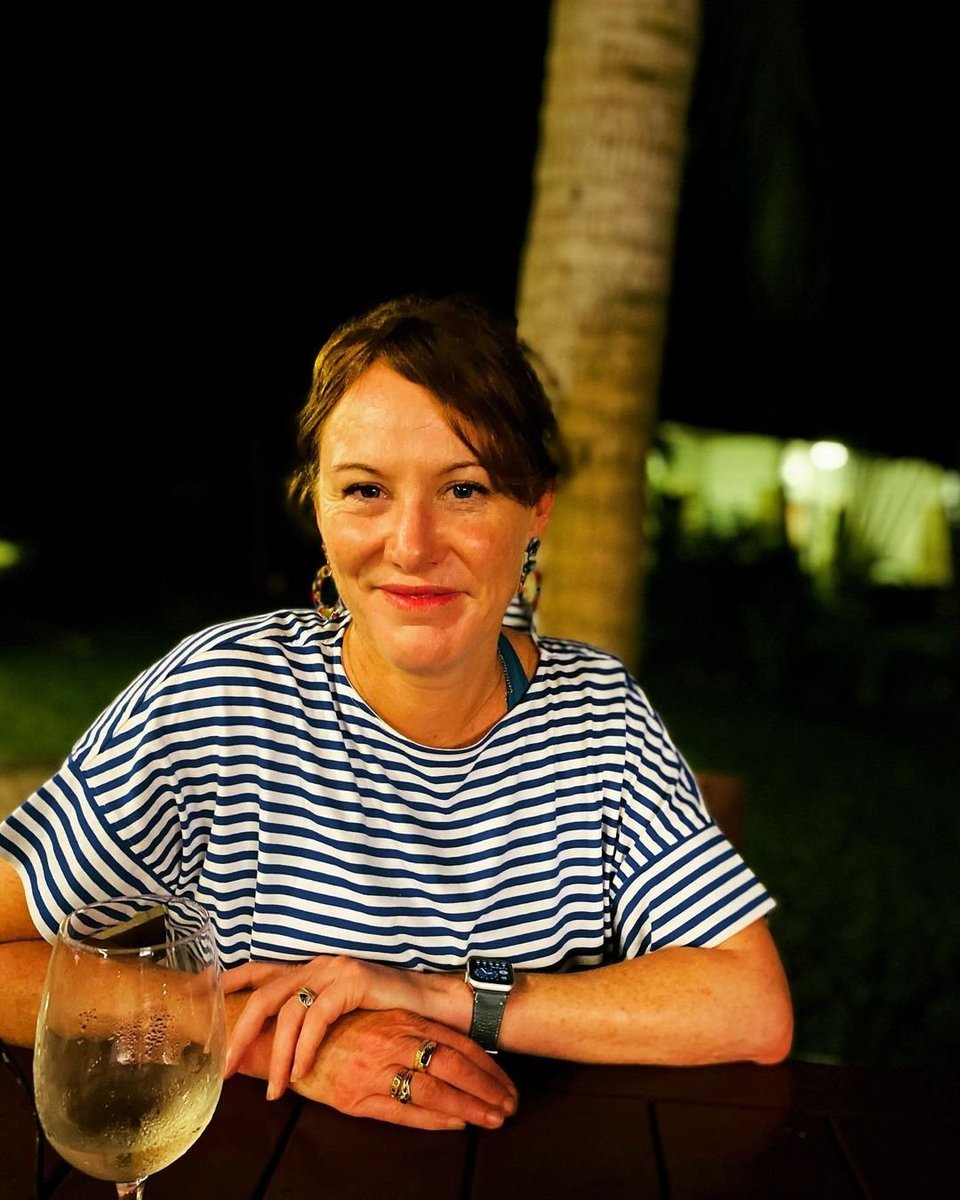
When Imogen Crump, editor of University of Melbourne’s Pursuit and Research news website, made her way to the ABC News Breakfast studio on Wednesday, she didn’t expect to experience severe perimenopausal hot flushes live on air.
"I'm so sorry, I could keep stumbling through, but I'm having such a perimenopausal hot flush right now, live on air, sorry," she said to hosts Lisa Millar and Michael Rowland while fanning herself.
It was what happened next that garnered the most amount of attention — and praise.
"We need to make it normal to have these kinds of conversations and I love you for even saying it, because we interview people, we talk to people about this and this is the reality," Millar said.



Top Comments